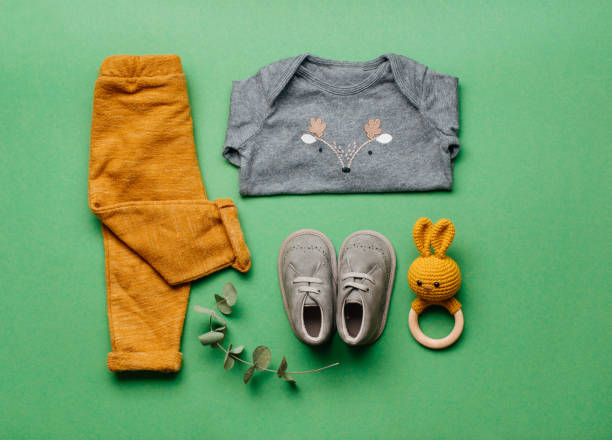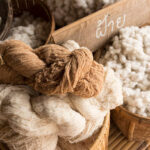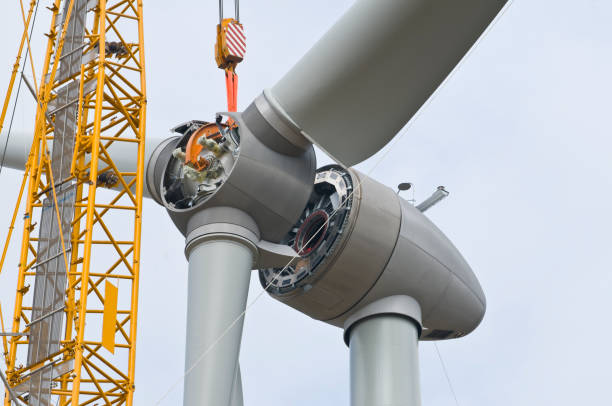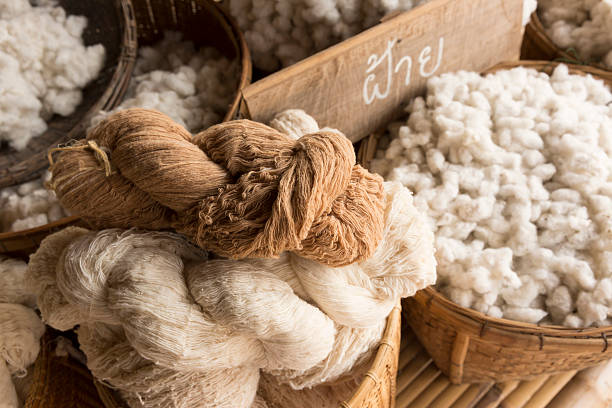Eco-Friendly Fashion: Sustainable Clothing Brands and Accessories
This post contains affiliate links. I may earn a commission at no extra cost to you if you make a purchase. Note that I’m not a health or outdoor safety professional, so further research is advised. Your support keeps Outdoors A-Z running—thank you! Read the full disclosure.. Read the full disclosure here.
In recent years, the fashion industry has witnessed a shift towards sustainability and environmental consciousness. Eco-friendly fashion, also known as sustainable fashion, has gained significant popularity as consumers become more conscious of the impact their clothing choices have on the planet. This article aims to explore the concept of eco-friendly fashion, highlight sustainable clothing brands, discuss ethical fashion accessories, delve into fabrics and materials used in sustainable fashion, provide tips for building an eco-friendly wardrobe, touch upon eco-friendly fashion for kids, and discuss the future of sustainable fashion.
Table of Contents
What is Eco-Friendly Fashion?
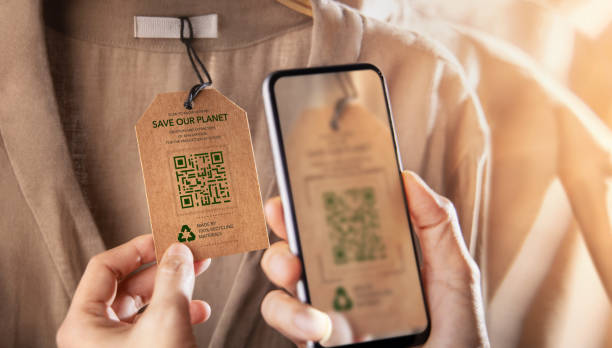
Eco-friendly fashion refers to clothing and accessories that are designed, produced, and marketed in a way that minimizes harm to the environment and promotes sustainable practices. It encompasses various aspects such as using organic and recycled materials, reducing carbon emissions and water waste, supporting fair trade practices, and ensuring ethical working conditions throughout the supply chain.
The Importance of Sustainable Clothing
Sustainable clothing plays a vital role in mitigating the environmental impact of the fashion industry. Fast fashion, characterized by cheaply produced and disposable clothing, has led to excessive resource consumption and pollution. By opting for sustainable clothing, individuals can contribute to reducing waste, conserving natural resources, and promoting a more ethical and environmentally responsible fashion industry.
Popular Sustainable Clothing Brands
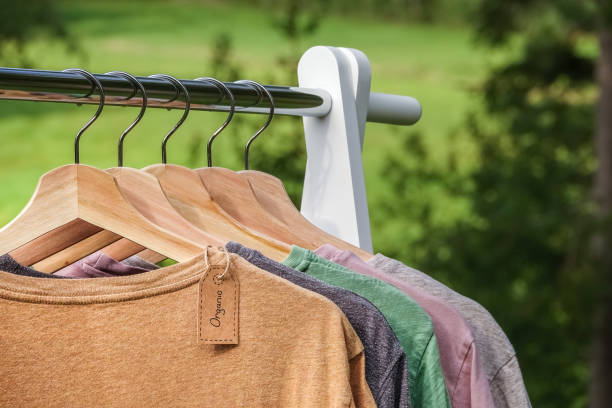
A growing number of fashion brands have embraced sustainability and are leading the way in eco-friendly fashion. From well-established names to emerging designers, these brands prioritize ethical sourcing, use of sustainable materials, and transparency in their production processes. Some notable sustainable clothing brands include Patagonia, Everlane, Reformation, Eileen Fisher, and Stella McCartney.
Ethical Fashion Accessories
Eco-friendly fashion extends beyond clothing to accessories. Ethical fashion accessories encompass a wide range of products, including handbags, shoes, jewelry, and even eyewear. Brands focused on ethical accessories prioritize fair trade, use of sustainable materials, and support for artisan communities. Examples of ethical fashion accessory brands include Matt & Nat, TOMS, Pala Eyewear, and People Tree.
Fabrics and Materials for Eco-Friendly Fashion
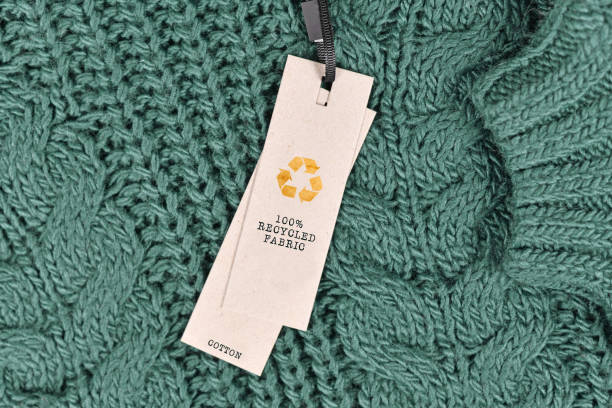
The choice of fabrics and materials is crucial in eco-friendly fashion. Sustainable brands often opt for organic cotton, hemp, linen, and bamboo, which are grown without the use of harmful chemicals and require less water and land compared to conventional cotton. Additionally, recycled materials such as polyester made from plastic bottles or upcycled fabrics are gaining popularity in sustainable fashion.
Tips for Building an Eco-Friendly Wardrobe
Building an eco-friendly wardrobe can be an exciting and conscious choice. Start by assessing your current wardrobe, donating or repurposing items you no longer wear. When shopping, look for sustainable brands, choose timeless pieces over trends, and prioritize quality over quantity. Consider renting clothes for special occasions and explore clothing swaps or second-hand stores. Lastly, take care of your garments by following proper washing and maintenance practices to extend their lifespan.
Eco-Friendly Fashion for Kids
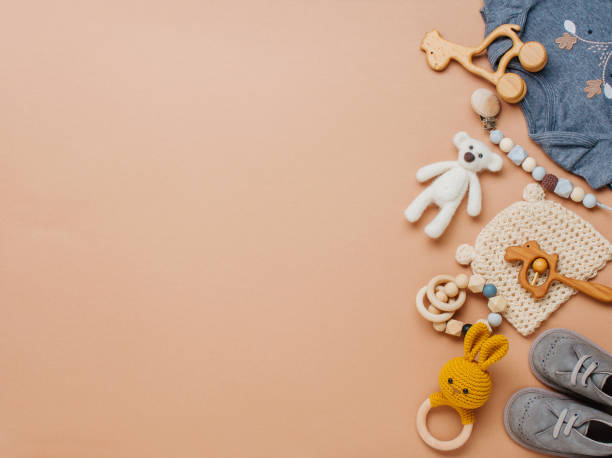
Sustainable fashion is not limited to adults; it extends to children’s clothing as well. Several brands specialize in eco-friendly clothing for kids, offering organic and ethically produced garments that prioritize comfort, durability, and style. By choosing sustainable clothing for children, parents can instill environmentally conscious values from an early age.
The Future of Sustainable Fashion
The future of sustainable fashion looks promising. As consumer demand for eco-friendly alternatives continues to rise, more brands are integrating sustainable practices into their business models. Technological advancements are also driving innovation in materials and production processes, allowing for greater sustainability and efficiency. However, challenges such as scalability and consumer education remain, and continued efforts are needed to make sustainable fashion the norm rather than the exception.
Final Thoughts
Eco-friendly fashion is no longer a niche concept; it has become a significant movement within the fashion industry. By choosing sustainable clothing brands and accessories, individuals can contribute to a more ethical and environmentally responsible world. Building an eco-friendly wardrobe, supporting sustainable brands, and embracing a conscious fashion mindset are steps towards a greener future.
FAQs
Why is eco-friendly fashion important?
Eco-friendly fashion is important because it reduces waste, conserves resources, and promotes ethical practices in the fashion industry. By opting for sustainable clothing, individuals can minimize their environmental impact.
How can I identify sustainable clothing brands?
Look for certifications such as GOTS (Global Organic Textile Standard) or Fair Trade labels. Additionally, research brands’ sustainability initiatives, transparency in supply chains, and use of eco-friendly materials.
Are sustainable clothing brands more expensive?
Sustainable clothing brands may be slightly more expensive due to the use of quality materials and fair labor practices. However, investing in durable and timeless pieces can save money in the long run.
Can I make my existing wardrobe more eco-friendly?
Absolutely! Start by decluttering and repurposing items you no longer wear. Consider clothing swaps, renting clothes, or exploring second-hand stores to add new pieces sustainably.
Is eco-friendly fashion limited to adults?
No, eco-friendly fashion extends to children’s clothing as well. Many brands specialize in sustainable clothing for kids, offering organic and ethically produced options.

